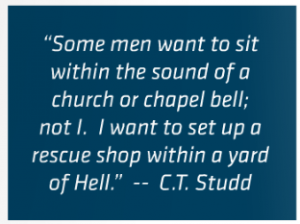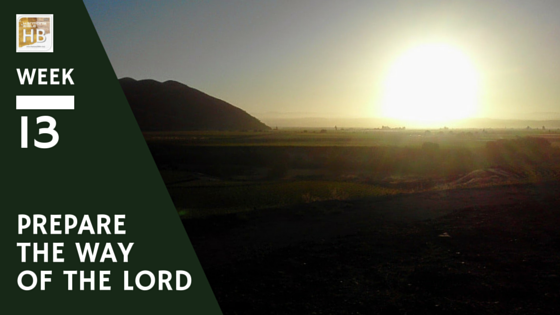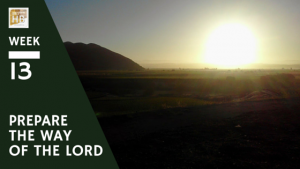We want to impress on Harmony Bible group leaders the importance of disciple-making friends and the skill of listening, asking powerful questions, and provoking a faith-filled response. This article is an introduction which we would be glad to explore further during a training workshop.
Rabbis call it Ha-Makom which means ‘the Place’. They’re not talking about ‘basketball’ or ‘flow’ but the “inter-subjective space” in which the reality of our communion dissolves the boundaries of what is yours and what is mine, the haves and have-not’s, the teacher and the learner (John 17:21).
On Thursday of the Passion Week, Jesus say to his disciples John records an intimate moment between Jesus and his disciples writing, “I have called you friends” (John 15:15). The greek word for used here for friend is philos (φίλος). The modern Hebrew word for friend, haver (f. havera) and Rachel Adler explains that the root of the word means means “to join together at the boundaries.” Elizheva Hurvich writes that the Aramaic word hebruta, which coincides with haver, refers to the “practice of learning in pairs”.

Isn’t this the reality also of our experiences. Friends who follow Jesus together learn more, encourage and strengthen one another. Spiritual abuse emerges in communities that fail to respect and value each person. In the company of true friends we find belonging and its lateral dependencies shown in the Emotivational Spectrum which are: connection, and value. The practice of being a friend eliminates false barriers, covetousness, and fears, while fostering harmony, love and mercy. As illustrated in the Emotivational Spectrum the polar compound of Connection is Interdependency (and its lateral dependencies are intimacy and freedom). With this understanding we see essential facets of such friendship and can begin to comprehend why making disciples requires us to engage in relational ministry.
As iron sharpens iron (Prov 27:17), Elizaheva explains “‘Two scholars sharpen one another’, through discussion and debate, forming each other’s insight into the text (Ta’anit 7a)”. We would emphasis listening and dialog more than debate or discourse, just as we would emphasize friendship and discipleship over authority and dogma. If you want to get a head start on learning these skills and values I suggest you read up on “Appreciative Inquiry” and “Powerful Questions“.
The Harmony of the Gospels reveals 138 questions which Jesus answered. Taylor Holmes reports that 52 were questions Jesus posed while teaching; and 61 questions were asked by others (25 of these by the disciples). One of the questions the pharisees asked Jesus was on Tuesday during Holy Week in their final effort to ensnare him, rather than learn or hear the Good News. It is recorded in Section 135 of the Harmony of the Gospels (Mt 22:34-40 / Mark 12:28-34) – “Teacher, which is the greatest commandment in the Law?” And Jesus answered quoting from Deut 6:5 and Lev 19:18. His reply in the Gospel according to Mark began with the word “hear” (shamah) translated listen, heed‘ and “thou shalt love” (agapaō). I am sure that if we would employ these two commandments we would experience an evangelistic explosion!
To wrap up this lesson, disciple-makers elicit the spiritual aspirations as they engage in disciple-making friendships. They explore the scriptures together, learning from one another, making room for questions, connection, and prayer in that sacred space (Ha-Makom) where our communion strengthens our friendship (haver). In that moment, in that context, we fulfill the first and the second greatest commandments, honoring both our covenant with God and our covenant with our community of faith.

